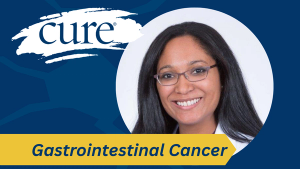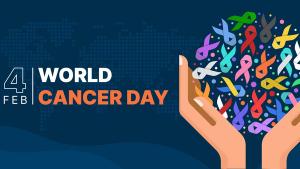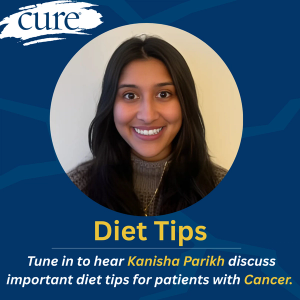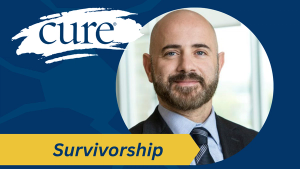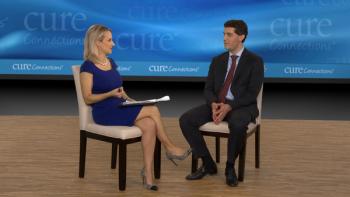
All News
All series
All All News

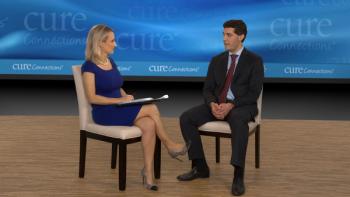
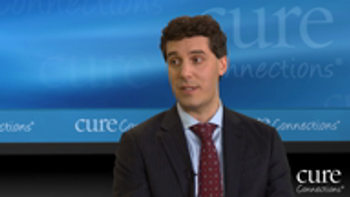
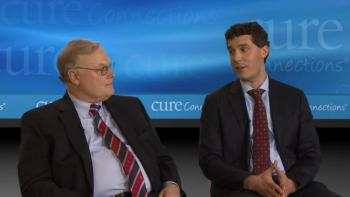
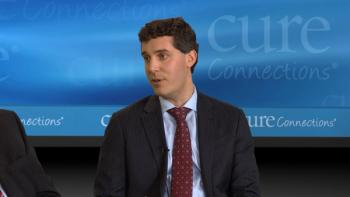
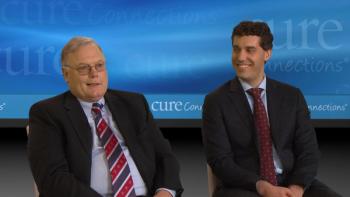
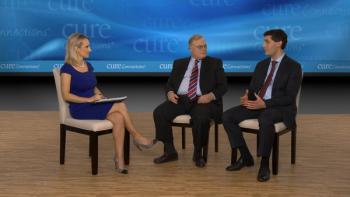
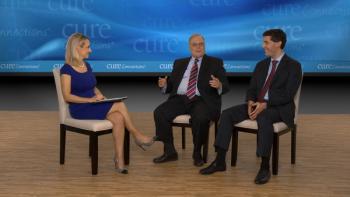
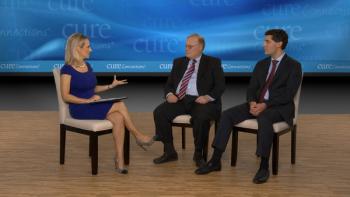
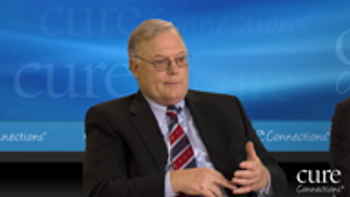

During the 14th “Focus on Melanoma” patient and educational conference held in Philadelphia, Troy Aikman joined Lynn Schuchter for a “fireside chat” about his life, football and his journey with stage 2 melanoma.

“Noise, or unwanted sound, is one of the most frequent patient complaints on acute care oncology units,” wrote Mary Beth Leo.

Though patients with myelofibrosis still do not have a large number of therapy options, the approval and success of Jakafi is bringing optimism to those treating this population.

“We can now say that the benefits of early palliative care can extend beyond patient outcomes and can actually positively impact family caregivers,” said Areej El-Jawahri.

Based on data from a phase 2 study, Tecentriq (atezolizumab), a PD-L1 inhibitor, was granted an accelerated approval for patients with locally advanced or metastatic urothelial carcinoma.

The study sought to answer a simple question: Does cancer create or worsen health problems in older patients?

Researchers are identifying a link between drinking well water from the North East and developing bladder cancer.

With that first gasp of air, like you have been holding your breath the past 11 months, you realize you just might be a better person after all this cancer crap.

The FDA approved Opdivo (nivolumab) for classical Hodgkin lymphoma (cHL).

Treatment for the polio virus may eventually move into the treatment realm for brain cancer, thanks to a breakthrough therapy designation by the FDA.

Despite educational and graphic antismoking ads and public service announcements, many young people still find the attraction outweighs the risks. How do we convince them otherwise?

A recent study where glioblastoma patients underwent laser surgery to kill tumors cells proved to have extra benefits, showing promise to treating the deadly disease.

The immunotherapy combination of Opdivo and Yervoy continues to show promise as it presented overall survival benefits for patients with advanced melanoma.

I had just moved to Minneapolis from Maui when I received my diagnosis of a glioblastoma multiforme.

I’ve found in myself, and many of the survivors I’ve met in counseling sessions, that of all the stages of grief, anger seems to have the greatest staying power.

After a phase 2 study, Lenvima and Afinitor gained FDA approval for the treatment of renal cell carcinoma.

The approval of atezolizumab will change the treatment paradigm of bladder cancer overnight, says Robert Dreicer.

Lung cancer is much more prevalent in men than women, yet is still not being looked at as a women's health issue, Andrea Wolf says.

Are we missing the boat when carling for elderly cancer patients, asks caregiving survivor as she helps her survivor mom.

There are as many ways to write a bucket list as there are personalities. Goals can be practical or dreamy, lists long or short. Some bucket lists are like drill sergeants, others a soft voice whispering in your ear. If “write a bucket list” is on your bucket list, here are a few tips.

